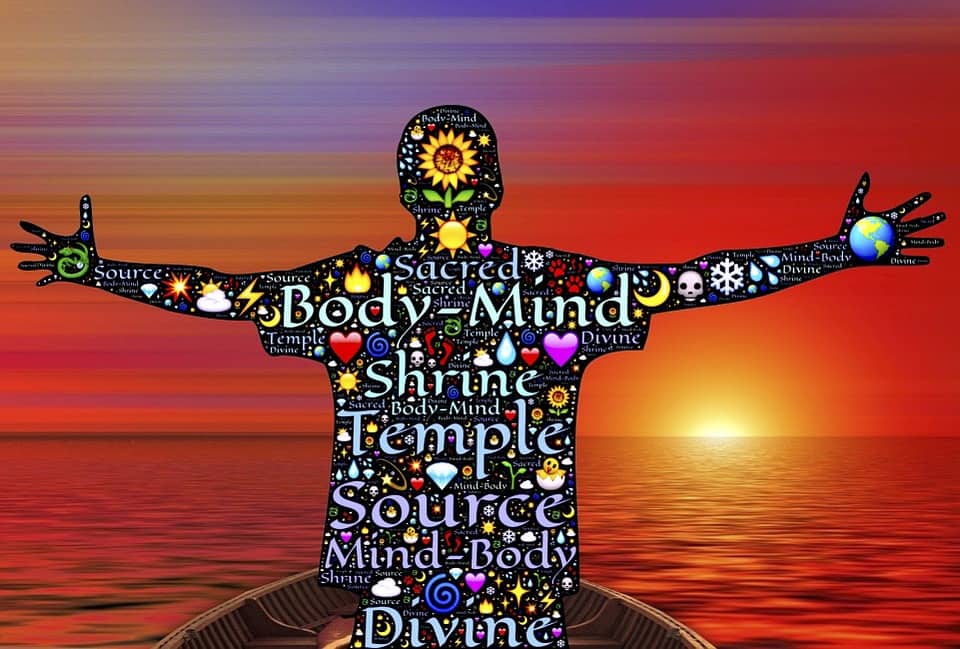Orlando Counselor on How to keep a healthy mind after traumatic events | Trauma Counselor
It feels like we are living in daily human chaos lately as almost every week we receive the news of another shooting and terrorist attack happening. These horrifying attacks seem to have become constant events in our everyday lives. Unfortunately, unexplainable motives have became our justification to deal with such brutal and inhumane acts of violence. We have almost become numb by the same everyday news and in many cases without closure or explanation for such cruelty against other people. Lives have became less important or valuable than a divergence of opinions and it seems to be the biggest motive for the attackers to set fire. Different personal values or dogmas have now become a reason to kill others. We need to find ways to keep moving and to believe that life still matters and that other lives matter even more.
There are some ways to cope with suffering brought on from such acts of violence and loss of loved ones. How do we keep the hope in such a chaotic time ? How do we keep our minds in the right direction? Below are some helpful tips to get through such a difficult time and to avoid desperation.
- Allow yourself a moment of silence – A moment without any noise or distraction is important for your body and your mind. Permit yourself to think about nothing but peaceful thoughts and concentrate on your breathing to distract yourself from negative thoughts. Try to remember beautiful memories about the family or friend who was a victim of the tragic shooting or situation. Allow yourself a quiet moment.
- Do not ruminate with negative thoughts – Although it can be a difficult task to do. Be mindful about your thought content, do not ruminate in negative images of suffering. Due to the consistency of daily tragedies related to often the same theme – shooting, terrorism attacks, or acts of suicide, we have easy access to images (sometimes graphic) of the attacks. Allow your body and mind to rest. Taking some breaks from your thoughts is necessary to keep a healthy mind and to keep you human. Ruminating can stress your mind and increase hopelessness. If we expose oneself to many situations or images that are disturbing we are re-traumatizing ourselves and increasing levels of adrenaline and cortisol into our blood stream which means increasing the possibility of high blood pressure, hyper tension, sleep disturbance, agitation and nervousness.
- Rely on family and friends – During times of loss and suffering, being around loved ones is the best recipe to decrease sadness and hopelessness. Express your thoughts and feelings to people you feel comfortable with and you trust will help bring you a sense of hope.
- Keep your faith – The best remedy to avoid desperation is called faith. We live by faith. Faith is a belief and an everyday choice that one makes towards a situation, entity or a higher power. Having hope and motivation are based in belief and faith in something. Hope is a positive pattern of belief which allows us to transcend our suffering and despair. Hope helps us to create new ways to justify and to engage with our life situation.
- Look for supportive groups – Sharing and listening to others who are facing similar suffering and grief as we are will help us to create a better way of coping with our own suffering. A supportive group can help us access our emotions and to decrease sadness. Being there for someone else is a great way to exercise our empathy and to disengage from our own suffering for a moment.
- Look for a grief mental health professional – Professional help is imperative in moments of suffering. A qualified mental health professional can help us to understand our emotions and to build effective coping skills to overcome our grief.
- EMDR sessions for PTSD and anxiety – Look for a mental health professional who is specialized in Eye movement desensitization reprocessing (EMDR). EMDR is an excellent intervention to help people who witnessed or were victims of a tragic and traumatic event. EMDR is a bilateral stimulation or eye movement that allows the person to access maladaptive stored unprocessed information to reprocess to a more adaptive one. Some sessions of EMDR will help us to decrease the emotional impact from the traumatic event since it helps us to feel more in control of our reactions.
To deal with traumatic events we need to be in the “right mind set.” Our mind has potentially the power to help us to decrease our suffering by keeping our focus on the good and building new alternatives to deal with challenges and tragic situations. Remember, after a tragic situation our body needs to rest. Keeping a clear mind can help us to process traumatic events in a healthier way.
NOTE: You can freely redistribute this resource, electronically or in print, provided you leave the authors contact information below intact.
Author: Anna Vita, MS has her Masters Degree in Science in Counseling Psychology from Palm Beach Atlantic University and is a Registered Mental Health Counselor Intern at Total Life Counseling Center in Orlando where our child, teen, relationship and marriage experts specialize in depression & anxiety. For more tools on self-care check out our articles or for coaching or counseling give us a call (407) 248-0030.
Subscribe: Want more tips for families, adults, couples, children, teens, ADHD, Defiance, Autism and more. Subscribe Here!
Filed in: Anna Vita, Anxiety, Blog, EMDR, Espanol, Grief, Orlando, Post Traumatic Stress Disorder (PTSD), Self Esteem, Updates
Share This Story, Choose Your Platform!
Total Life Counseling Center consists of Licensed Counselors, masters level therapists, Español counselors, Licensed Mental Health Counselors, business coaches, and image enhancement coaches who provide counseling for emotional, mental, physical and spiritual care including marriage, individual, family, substance abuse and more. TLC’s family, trauma and marriage experts have been interviewed on National and Local TV/Radio over 200 times for their expert advice on Fox News, OWN, WETV, ABC’s Medical Minute and more. Our skilled counselors are relational, approachable and specialists providing therapy services in the Central Florida area including: Orlando, Winter Park, MetroWest, Windermere, Dr. Phillips, East Orlando, Lake Mary, and Clermont, Boca Raton Florida, and Dallas, TX.






